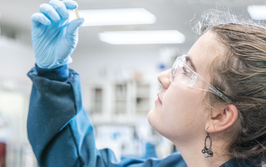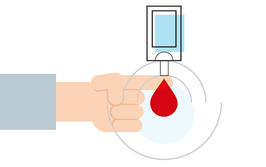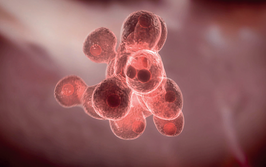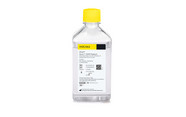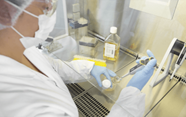Reducing HIV Recurrence
A small molecule drug has shown the ability to diminish HIV reservoirs
Given HIV’s ability to rapidly replicate and integrate itself into DNA from immune human cells and stay dormant for years, it remains a challenging infection to treat. “In the past, medicines have helped reduce the circulating virus to an undetectable level, but as soon as the patient stops taking the drug, the viral load comes back up,” says Jean-Marc Steens, CMO of biotechnology company, Abivax.
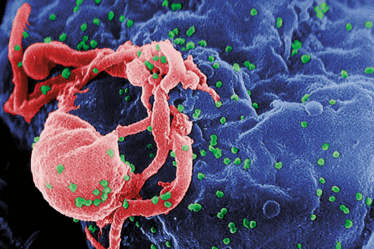
To complicate matters, drug regime adherence is rarely – if ever – perfect. “Recent data presented at CROI (the Conference on Retroviruses and Opportunistic Infections) showed that in the US, many patients aren’t taking their drugs as prescribed. From a public health perspective, these patients become infected again and could unknowingly transmit the disease, breaking down the whole paradigm we’re working so hard to upkeep,” says Steens.
So could public health risk be reduced by tackling the viral reservoirs that allow HIV to resurface? Abivax’s small molecule – ABX464 – is the first drug to show a treatment-induced decrease in HIV blood reservoirs. Results from its recent phase IIa safety trial showed that eight of the 15 treated patients displayed a response to the drug (response was defined as a minimum reservoir decrease of 25 percent and absolute decrease of 50 copies / million PBMC’s), while there were no placebo group responses to the drug (1).
“The ‘father’ of the molecule, Prof. Jamal Tazi, is the head of a collaborative lab between Abivax and CNRS (Le Centre National de la Recherche Scientifique), and he’s been working on mechanisms of RNA biogenesis for 15 years, which resulted in investigating how different processes could impact RNA biogenesis, and if any pharmacological agents could affect it,” says Steens.
Abivax is expanding the drug’s role beyond the bloodstream by working on a study that investigates HIV reservoirs in the gut (data from first cohort of patients is expected by the end September 2017). Abivax also has plans to expand the capability of its platform beyond HIV. “ABX464 is specific for HIV because it targets the rev viral protein,” says Steens, “But we do have other molecules in development – at a much earlier stage – that could target other viruses, such as dengue, chikungunya, and zika.”
- Paredes et al., “ABX464 decreases total HIV DNA in PBMC´s when administered during 28 days to HIV-infected patients who are virologically suppressed”. Poster presented at the 9th International Aids Society Conference; July 25; Paris, France (2017).
My fascination with science, gaming, and writing led to my studying biology at university, while simultaneously working as an online games journalist. After university, I travelled across Europe, working on a novel and developing a game, before finding my way to Texere. As Associate Editor, I’m evolving my loves of science and writing, while continuing to pursue my passion for gaming and creative writing in a personal capacity.

